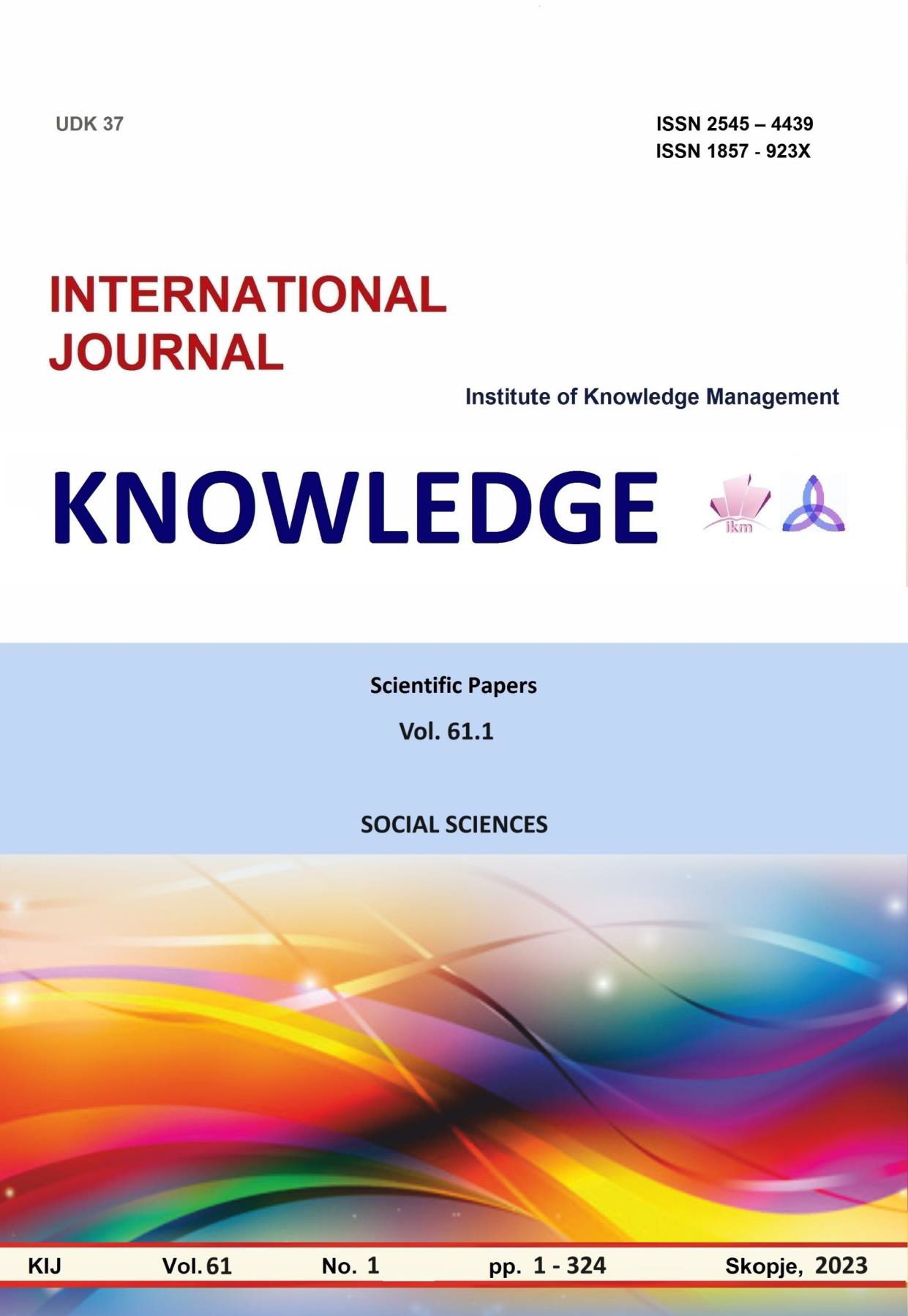ЧОВЕЧКИОТ КАПИТАЛ КАКО ДЕТЕРМИНАНТА НА СТРАНСКИТЕ ИНВЕСТИЦИИ СЛУЧАЈОТ НА ЕВРОПСКИТЕ ЗЕМЈИ
IMPORTANCE OF HUMAN CAPITAL TO FOREIGN INVESTORS – THE CASE OF EUROPE
Author(s): Sasho ArsovSubject(s): National Economy, Supranational / Global Economy, Business Economy / Management
Published by: Scientific Institute of Management and Knowledge
Keywords: foreign direct investment;human capital;education;economic development
Summary/Abstract: Although present with centuries, international capital flows have particularly intensified in the last several decades. UNCTAD data show that total foreign direct investment worldwide has grown by more than forty times compared to the level of the 1970s. It is the result of several factors, such as the reduction of international barriers to the movement of capital, the development of new information technologies and modes of transporation, as well as the process of transition to a market economy that began in the former socialist countries. For the less developed countries, foreign investments are seen as an additional source of investment, an opportunity for the transfer of new technologies and knowledge from the developed economies, absorption of the surplus labor, etc. However, despite the expectations of the developing countries, the data show that the developed countries have become the major recipient of foreign investments. The intensification of this process also encouraged scientific thought in this field. It sought answers to several questions, and one of the most popular was the question of the factors that influence the attractiveness of a country as a destination for foreign direct investments. In most of the studies, natural factors (geographic position, climate, natural resources), as well as social determinants of an economic and non economic nature, appear as the most serious candidates. The goal of this paper is to investigate the role of human capital as a determinant of foreign direct investment in a country. For this purpose, a sample of 42 European countries was constructed, with data covering the period from 2000 to 2020. Foreign direct investments are the dependent variable, in the relative form, as a share in the gross domestic product, and the key independent variable is the human capital index, which was obtained according to the average number of years of schooling of the population and the assumed rate of return from education. In addition, several control variables are included, some of them economic (the level of economic development, the rate of economic growth, trade openness, etc.), as well as non economic (the level of corruption, the size of the population, etc.). Given the reverse causality among some of the variables, the Generalized Method of Moments (GMM) was applied. The results unequivocally confirm that in the case of Europe, human capital plays a significant role in making investment decisions by foreign investors. In addition, the dynamics of economic growth, the functioning of institutions in the country and the level of development of the financial sector are also important factors. We find that the greatest value of the paper lies in the broad Europe wide sample used and the applied research methodovology. The information provided by the study should be found useful by the authorities in these countries, when implementing measures aimed at attracting foreign investments.
Journal: Knowledge - International Journal
- Issue Year: 61/2023
- Issue No: 1
- Page Range: 17-23
- Page Count: 7
- Language: Macedonian

